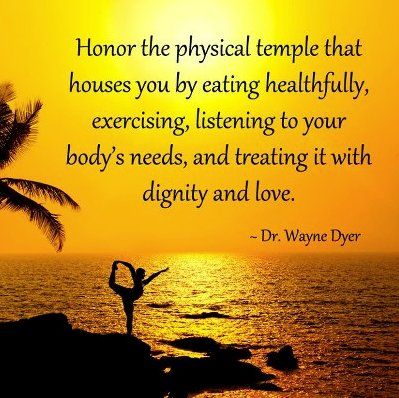Overcome Food Addiction
Written by Wendy Corr on April 9, 2019
Food is essential to human survival and is an important aspect of our wellness, in addition to a means of pleasure and enjoyment. However, for many people, food can become as addictive as drugs are to a substance abuser. How can you overcome food addiction? I’m Wendy Corr, with your daily wellness tip!
Obviously, if a food manufacturer wants to succeed and get people to buy their product, it has to taste good. So many processed foods have been engineered to be so incredibly “rewarding” to the brain, that they overpower anything we might have come across in nature.
The truth is… the effects of these foods on the brain can lead to actual addiction. Food addiction is a very serious problem and one of the main reasons some people just can’t control themselves around certain foods, no matter how hard they try.
Common symptoms of food addiction are frequent cravings for certain foods, even if you’ve just had a full meal; binge eating those foods; eating to the point of being uncomfortable; feeling guilty after eating particular foods, but not being able to stop yourself from indulging again; making excuses for giving in to cravings; hiding your consumption of unhealthy foods from others; and the feeling of helplessness to control your cravings, even though you know that they are harming your health.
If you can relate to 4-5 of these, then you probably do have a serious problem with food. If you can relate to 6 or more, then you are most likely a food addict.
Food addiction can cause physical harm. It can lead to serious diseases like obesity, type 2 diabetes, heart disease, cancer, Alzheimer’s, arthritis and depression, to name a few.
But there are a few things you can do to prepare yourself and make the transition as easy as possible. For example, write down a list of the foods you tend to crave and/or binge on. These are the “trigger foods” you need to avoid completely. Also, write down a list of fast food places that serve healthy foods. This can prevent a relapse when you find yourself hungry and not in the mood to cook. Plan meals around healthy foods that you enjoy; and make a list of WHY you need to avoid these unhealthy foods, and keep a copy where you can review it regularly.
Thanks for tuning in to Wellness with Wendy! For more health and wellness news and advice, follow my blog on mybighornbasin.com!




